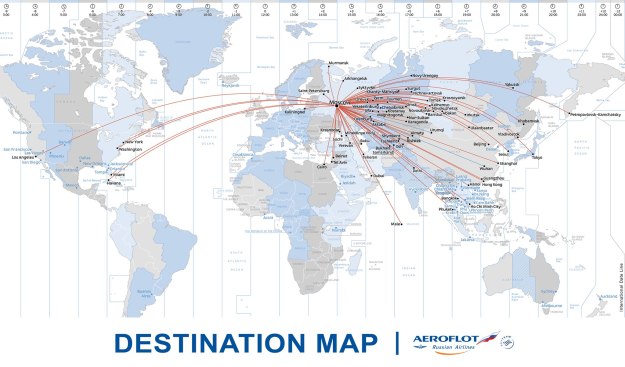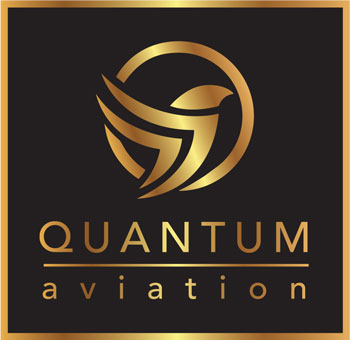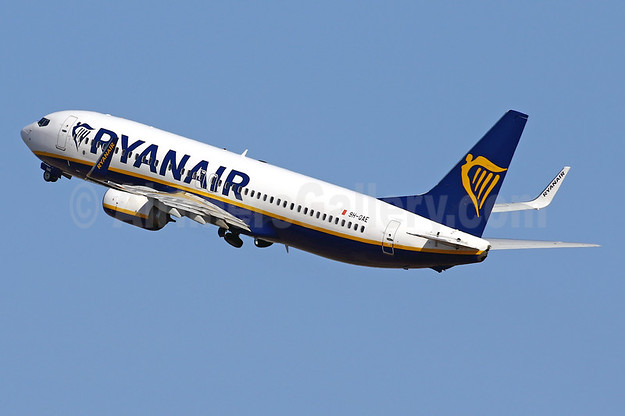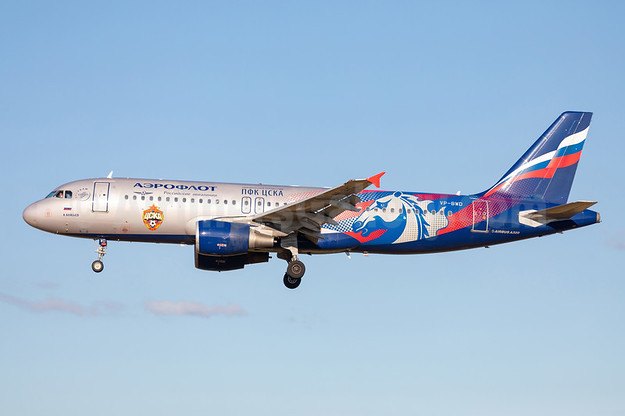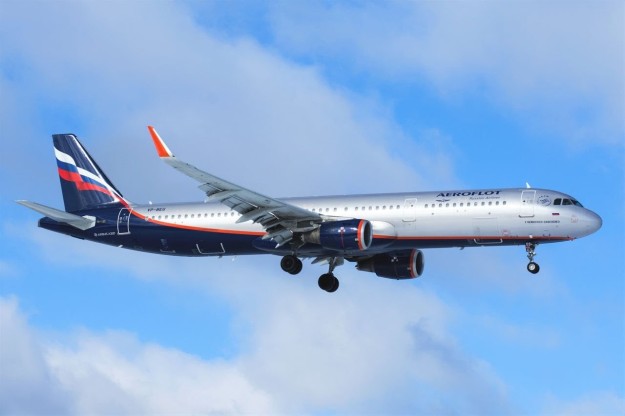
Key results in accordance with RAS, RUB million
|
Q4 2018 |
Q4 2019 |
Change |
FY 2018 |
FY 2019 |
Change |
||||
| Revenue |
123,356 |
129,604 |
5.1% |
504,697 |
551,767 |
9.3% |
|||
| Cost of sales |
136,738 |
130,605 |
(4.5)% |
499,683 |
542,976 |
8.7% |
|||
| Gross income/(loss) |
(13,382) |
(1,000) |
– |
5,013 |
8,791 |
75.4% |
|||
| Net income/(loss) |
(12,830) |
(1,960) |
– |
2,796 |
5,287 |
89.1% |

Comments on Q4 and FY 2019 RAS financial results
- In 2019, the Company’s growth continued to be accompanied by strict cost control. Market factors including changes in FX rates significantly affected financial results year-on-year.
- Revenue for FY 2019 was RUB 551,767, up 9.3% year-on-year. Revenue was affected by increased operational volumes and FX fluctuations (in 2019 the ruble appreciated against the euro by 2.0% year-on-year, and depreciated against US dollar by 3.2%).
- In 2019, the number of flights operated by Aeroflot airline increased by 6.8% leading to a 3.8% increase in passenger turnover, which amounted to 101.6 billion RPKs. Passenger traffic increased by 4.1% to 37.2 million. The main growth factor was expansion of the route network and an increase in flight frequencies.
- Active capacity management resulted in positive trend in RASK (+2.5% year-on-year in FY 2019), which increased notwithstanding the high base effect of 2018, when there was stronger demand backed by world football championship in Russia. FX rates held back growth of RASK in FY 2019.

- Cost of sales in FY 2019 was RUB 542,976 million, up 8.7% year-on-year. In addition to factors connected to the growth of the Company, cost of sales continued to be affected by macroeconomic and industry factors.
- In 2019, cost increases were driven mainly by rising airport charges and costs for ground handling services. Total expenses for these services rose by RUB 12,786 million (up 21.0% year-on-year) due to an increase in traffic and tariffs charged by Russian airports.
- Total fuel expenses rose by RUB 1,910 million (up 1.5% year-on-year), following a 7.0% increase in Aeroflot airline’s flight hours. Throughout 2019, the price of kerosene significantly exceeded its average historical levels.
- < >aintenance costs increased due to higher number of maintenance procedures including regular repairs and heavy maintenance in accordance with the existing schedules, upgrades related to improvement in product quality as well as increase in volume of operations and changes in the US dollar rate.Throughout the year management took active measures to improve the Company’s and Group’s financial results and implemented strict cost control. Optimisation measures helped to increase gross income of Aeroflot to RUB 8,791 million (+75.4% year-on-year) as well as to hold the increase in selling costs to just 9.0%, and to reduce administrative costs by 5.3%.
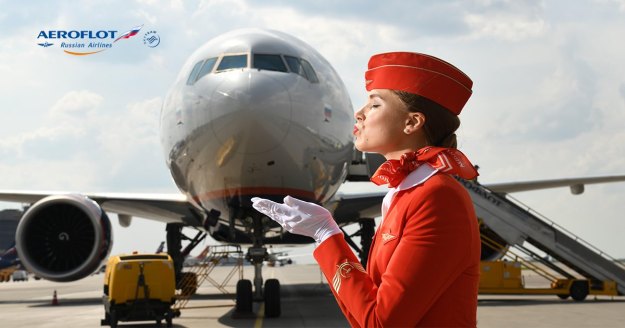
- Q4 2019 significantly contributed to FY 2019 results:
- Revenue for Q4 2019 was RUB , up 5.1% year-on-year. Revenue was affected by operational growth and FX dynamics, with the ruble appreciating against the euro by 7.1% year-on-year during the quarter. The stronger ruble held back RASK growth, which came in at 5.9% year-on-year.
- Cost of sales in Q4 2019 decreased by 4.5%, due to ongoing optimisation measures coupled with the strengthening of the ruble against US dollar.
- Seasonally low winter 2018-2019 period was complemented by jet fuel price and FX factors which resulted in net loss of RUB 16,850 million in Q1 2019. Thanks to measures taken by the management throughout the year the Company compensated these results not only with a strong summer season, but with a significantly better fourth quarter: in Q4 2019, the airline reduced its net loss by 6.5 times from RUB 12,830 million in Q4 2018 to RUB 1,960 million.
- Net income of Aeroflot for FY 2019 increased by 89.1% and amounted to RUB 5,287 million.

International route map:
